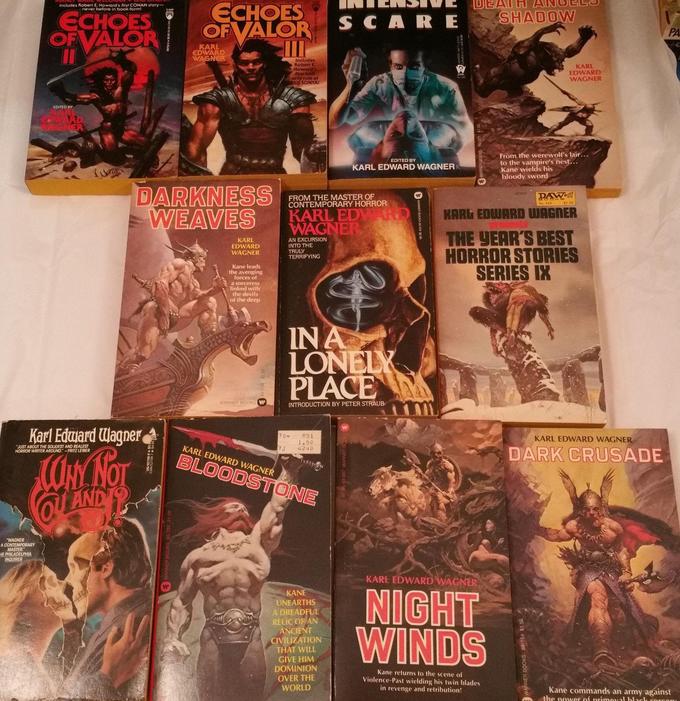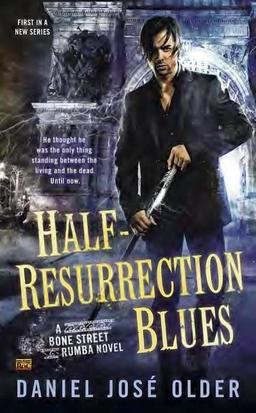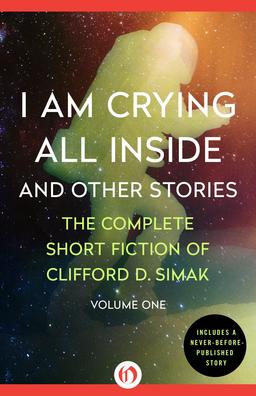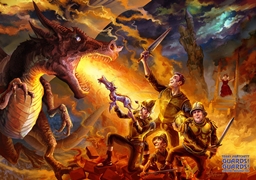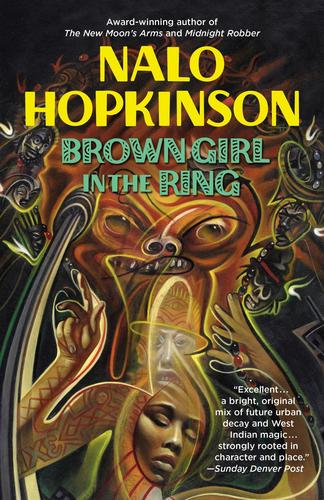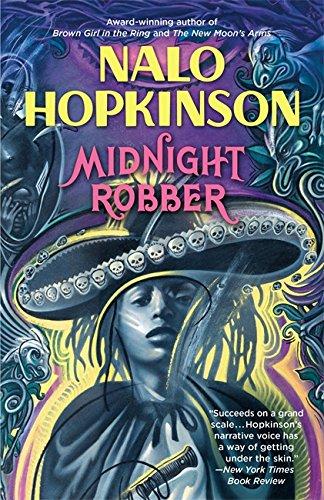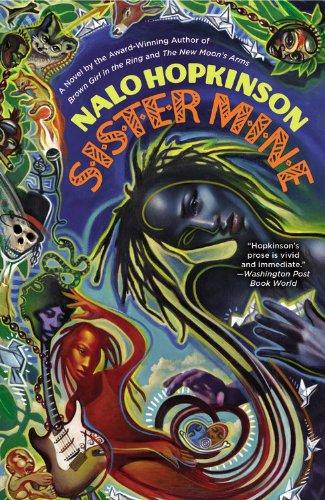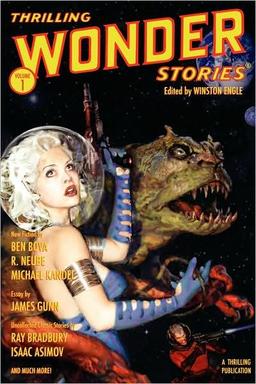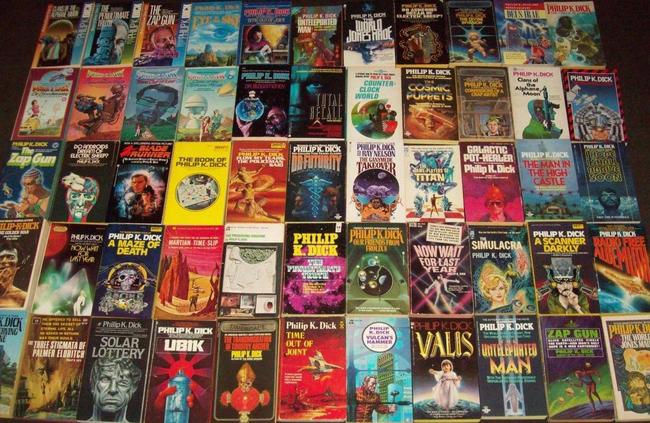“Let’s Never Do That Again”: Check Out The First Trailer For Star Trek Beyond
Now that J.J. Abrams, who directed the last two Star Trek movies, is off doing Star Wars, Paramount Pictures has brought in Justin Lin, the director of Fast & Furious, to helm the latest installment. This one sees the crew — at long last — starting their five-year mission to explore the frontier, which certainly piques my interest.
I’ve come to accept that this new generation of Star Trek is far removed from the cerebral TV show I remember. Abrams and his Fringe writing partners Roberto Orci and Alex Kurtzman have instead turned the property into an action-movie franchise, with fist fights, explosions, and a pounding rock soundtrack. On the other hand, the script this time was co-authored by Simon Pegg, who plays Scotty and who previously wrote Shaun of the Dead, Hot Fuzz, and The World’s End, so that a least promises a fresh perspective. Have a look at the first trailer, just released this morning, and let me know what you think.
Star Trek Beyond is being produced by Skydance and Bad Robot Productions, and will arrive in theaters on July 22, 2016.
